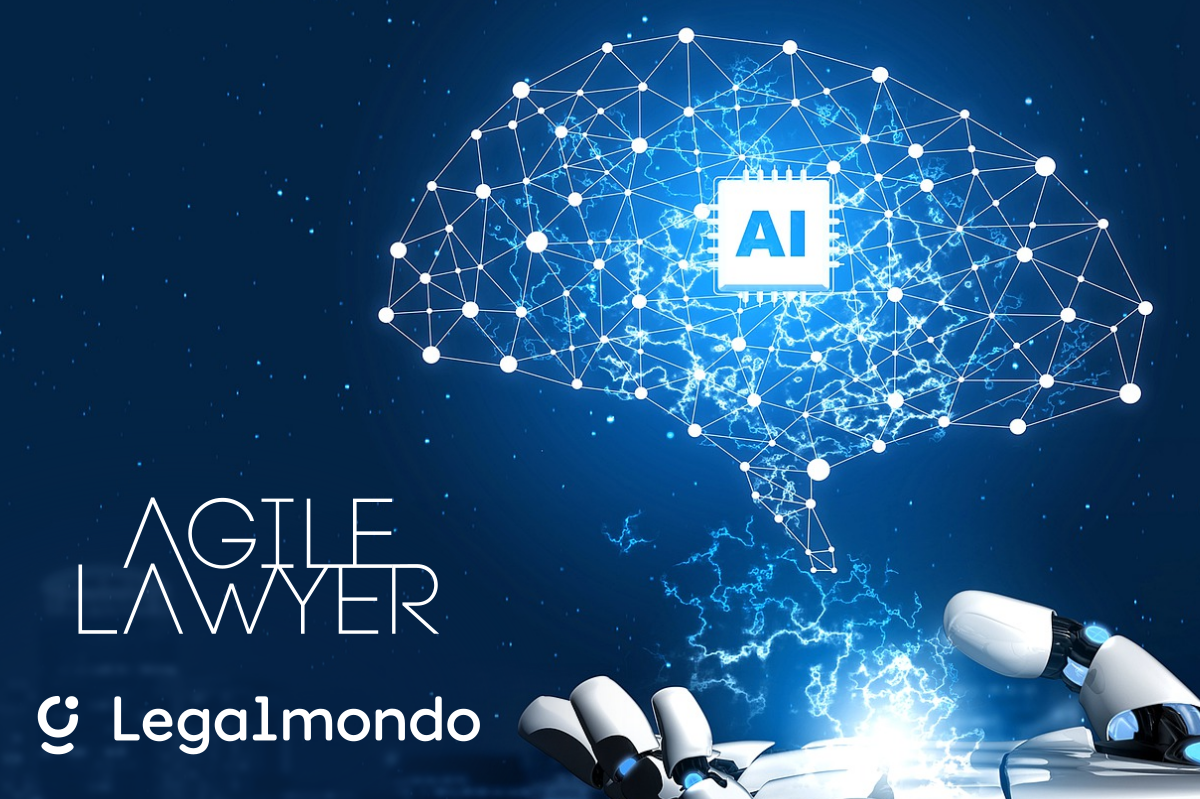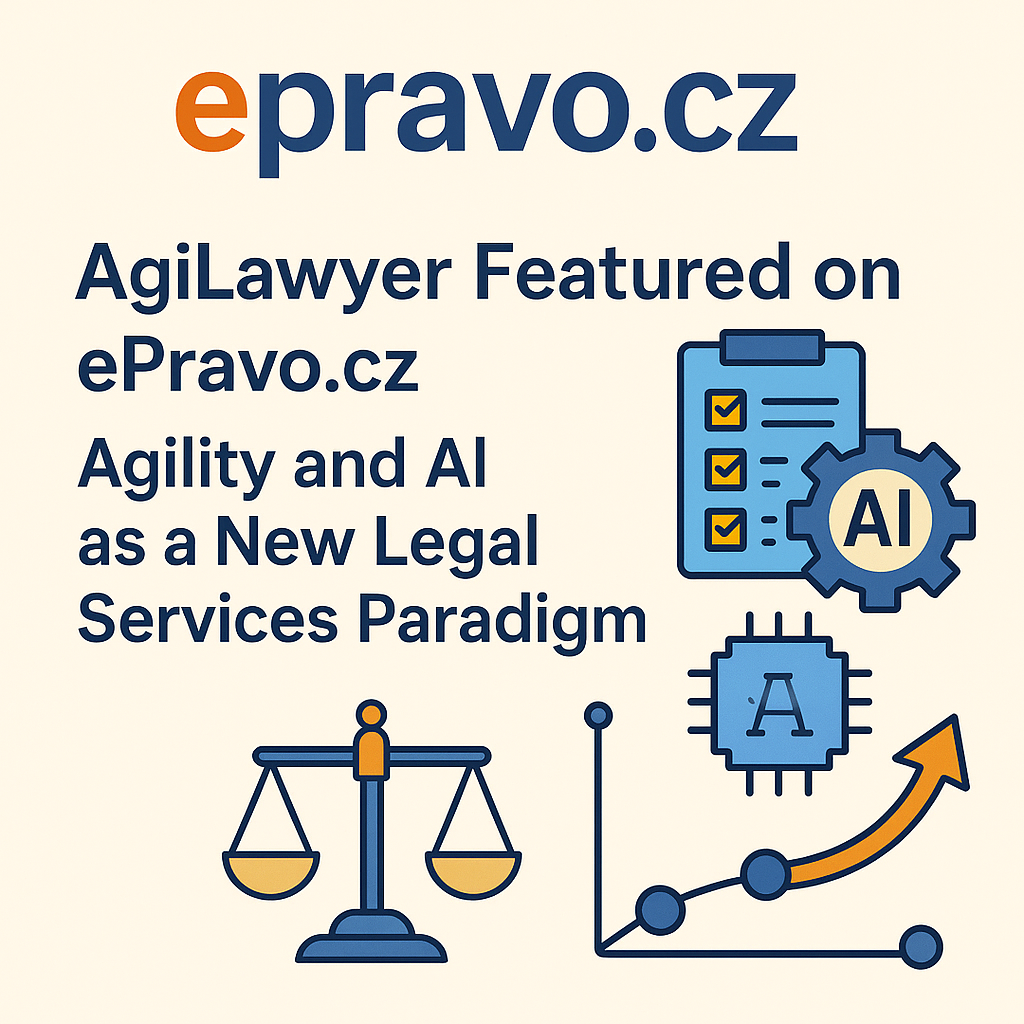Decoding AI in Legal Practice: Insights from Legalmondo’s AI Survey — Event Recap

Instead of speculating about AI’s future, the session delivered grounded insights based on practitioners’ real experiences, concerns, and readiness—highlighting both adoption trends and lingering barriers.
Key Findings & Highlights
- Moderate but meaningful AI adoption
- The survey revealed that a meaningful share of lawyers are engaging with AI in their workflows. While specifics weren’t disclosed in session materials, this aligns with broader patterns showing cautious uptake—from drafting support to legal research.
- Routine tasks at the forefront
- Predictably, early AI use centers on high-volume, repetitive tasks such as document drafting, contract review, and legal research. This mirrors global trends showing that automation serves as the primary driver for AI experimentation in legal work.
- Growing familiarity with AI tools
- Many legal professionals are now familiar with AI—particularly large language models (LLMs)—and are using them for drafting contracts, summarizing documents, and enhancing research.
- Ethics, risk, and oversight remain critical concerns
- Attendees echoed caution around AI hallucinations (false or inaccurate outputs), confidentiality breaches, and malpractice risk—highlighting the need for robust verification processes, ethical guidelines, and internal policies.
Why This Matters
This session stood out for grounding the conversation on AI in what legal professionals actually experience—not just what the tech promises. By framing opportunities and challenges through firsthand survey data, the event transformed AI from buzzword to a measurable, actionable topic.
Insights for Legal Firms & Professionals
- Start with the familiar
- Prioritize AI pilots in areas like drafting, review, and legal research—where the benefits and ROI are clearest.
- Invest in training and policies
- Familiarity isn’t enough—prepare teams with guidelines, oversight mechanisms, and risk mitigation strategies aligned with ethical and professional standards.
- Measure mindfully
- Track the impact of AI on efficiency and quality—so adoption decisions are calibrated, evidence-based, and transparent.
- Foster culture, not just tools
- Data from the survey shows that progress depends not just on technology but on building trust, competence, and accountability.
Looking Ahead
As AI becomes more accessible and expectations evolve, the legal profession is at a juncture. Events like this webinar serve a vital role in guiding firms through measured transformation—helping them define where AI fits, when it adds value, and how to adopt it responsibly.





